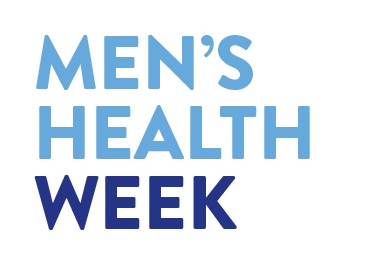Like so many, we at the Men’s Health Forum have been appalled by the recent murder of Sarah Everard, moved and forced to reflect by the testimony of so many women in the days following that tragic news, and shocked at the insensitive policing of the vigil on 13th March 2021.
It has cast a harsh light on the behaviour that women are forced to live with every day and the men who perpetrate it.
Violence doesn’t only affect women. As a men’s health charity, we are painfully aware of the damage that male violence against the self – through substance abuse and suicide – and against other men can inflict. The attitudes that sit behind such violence are also hugely damaging for men. But that is not the issue that we need to be confronting today.
Ultimately, it is not for women to change so they can go about their lives without fear and risk of violence from men. And it not just the men who perpetrate those acts who need to change. All of us who have failed to challenge such behaviour – or the culture and attitudes that normalise it – need to consider how we need to change as well.
The White Ribbon campaign has highlighted a simple promise that is a start along that road. We’re sharing it on our website and asking our supporters to sign it and commit to it: I promise to never commit, excuse or remain silent about male violence against women.
If you haven’t already backed it, you can do so online here.
A promise is not enough
But this promise alone is not enough. Male violence is not something that will change simply through an increasing number of men committing themselves to change – important though that is.
One of the most striking points about the 2018 WHO Europe 'Strategy on the health and well-being of men in the WHO European Region' was the strong link it demonstrated between gender inequality and poor men’s health. It highlighted the need for action on gender inequality – including calling out the issue of violence against women and girls – showing how such change is critical for achieving better outcomes for men as well as women.
While the strategy was clear that this was not a substitute for action on other factors, such as the social determinants that drive many health inequalities between different men, it made clear that action on gender equality needs to be systemic and wide-reaching – calling out four areas of action to be considered by governments in Europe:
- Supporting the important role of men in achieving gender equality
- Challenging the gender imbalance in paid and unpaid care
- Engaging boys and men in violence prevention
- Sharing responsibility for reproductive health
We support all of these areas for action. We’re also absolutely clear: greater gender equality will not be a step back for men, it will be a step forward. It won’t be enough on its own, particularly for those men who face multiple disadvantage, but we also can’t get the improvements we need for men’s health without it.
Not just 'other men' who need to change
And we won’t, and shouldn’t, just be doing this for men. The events of the last few days have reinforced again that the status quo is not an option. As men, we should find the events of the last few days intolerable – and reason enough on their own to work for change.
But it won’t be ‘other men’ who are the only ones that need to change. It’s down to all of us. It’s not just individual men, but men and men’s organisations working together. And, if we haven’t already started, that work needs to start today.
Martin Tod
Chief Executive, Men's Health Forum

